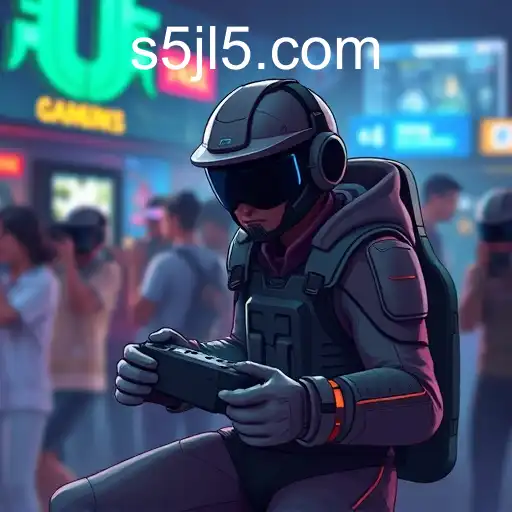Educational Games


Exploring the Impact of Educational Games in Modern Learning

In today's digital age, educational games are rapidly becoming a cornerstone in enhancing learning experiences for students of all ages. With technology evolving at an unprecedented pace, educators and developers alike are harnessing its potential to create interactive games that not only educate but also leave a lasting impression on students. The 'Educational Games' category, often tagged with keywords like '5jl', is becoming increasingly popular on various educational platforms, signifying a broad interest and utility in these digital learning tools.
Educational games are designed to be more than just fun; they're carefully crafted to promote critical thinking, problem-solving, and subject-specific knowledge. These games often integrate curriculum standards, ensuring that while students are engaged, they're also learning in alignment with educational benchmarks. This dynamic approach to learning helps cater to different learning styles, making complex concepts more accessible and enjoyable.
One of the key advantages of educational games is their ability to provide immediate feedback. Unlike traditional homework assignments, where feedback might be delayed, educational games can instantly highlight errors or misconceptions, allowing students to learn and adjust in real time. This immediacy in feedback is crucial in reinforcing learning and helping students correct their mistakes as they go.
Moreover, educational games offer a unique avenue for collaborative learning. Many games are designed to encourage teamwork and interaction among peers, fostering communication skills and encouraging a communal approach to problem-solving. This mirrors real-world scenarios where collaboration is often necessary and helps prepare students for future workplace environments.
The engagement factor of educational games cannot be overstated. Studies have shown that students are more likely to participate and stay focused when learning is gamified. The immersive nature of games captures students' attention more effectively than traditional methods, leading to better retention of information and a deeper understanding of the material.
However, the integration of educational games into learning environments is not without its challenges. Educators must carefully select games that align with educational goals and assess their effectiveness consistently. Additionally, there is a need for adequate resources and training for educators to implement these tools effectively.
Despite these challenges, the evolution of educational games continues to present exciting opportunities for innovation in teaching and learning. As technology continues to evolve, the potential of educational games to transform education and make learning more personalized and accessible grows exponentially.
In conclusion, educational games represent a pivotal advancement in modern educational practices. By engaging students in interactive and meaningful learning experiences, these games are not only transforming how students learn but also preparing them for a future where digital literacy and critical thinking are paramount. As this category continues to expand, the possibilities for education are endless, promising a bright future for students and teachers alike.
The Evolution of 5jl: A Digital Gaming Haven
Explore the latest developments at 5jl, a leading platform in the online gaming community.
Gaming in 2025: The Rise of 5jl
Exploring how 5jl is redefining online gaming in 2025 with innovative technologies and community engagement.
The 5jl Phenomenon: Revolutionizing Online Gaming
Explore the impact of the 5jl platform on the online gaming community, its current success, and future potential.
 Skip to content
Skip to content




